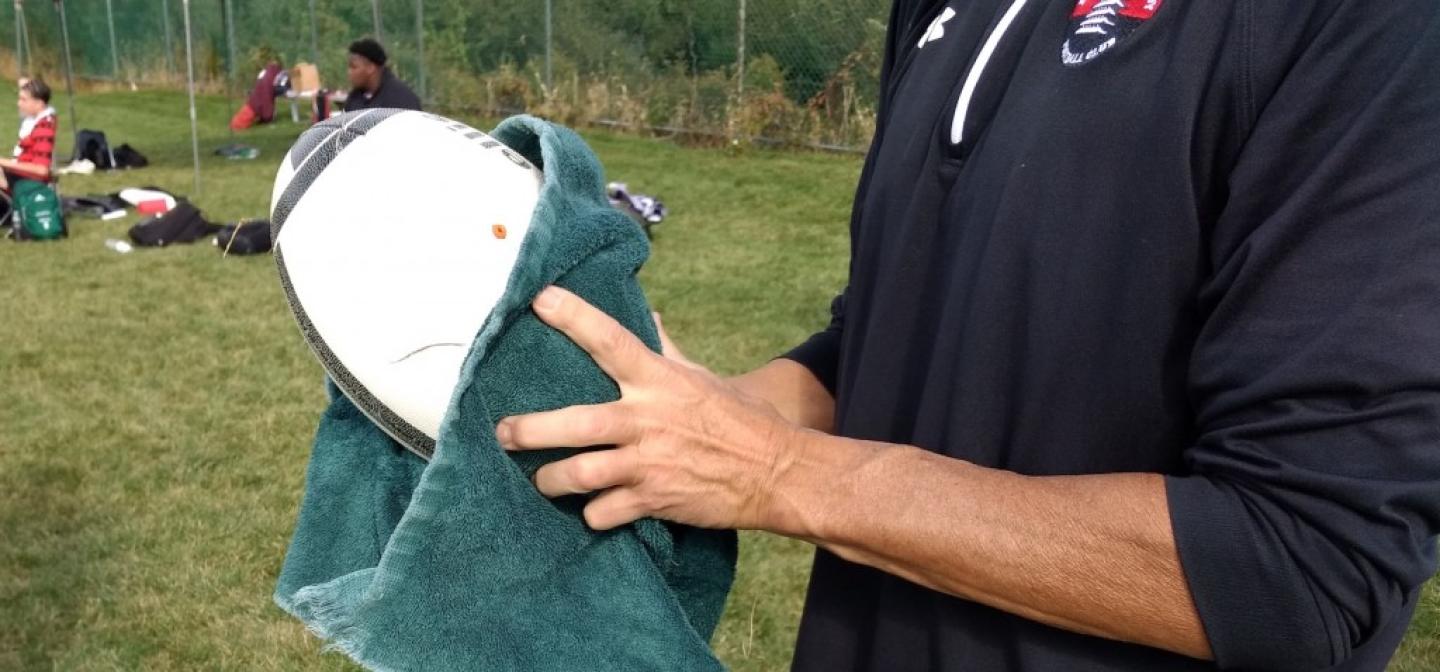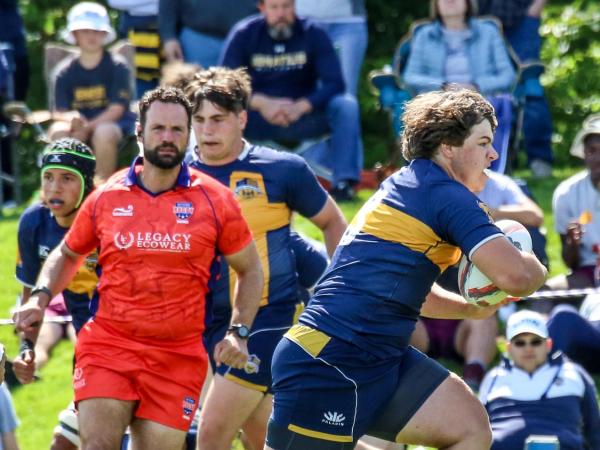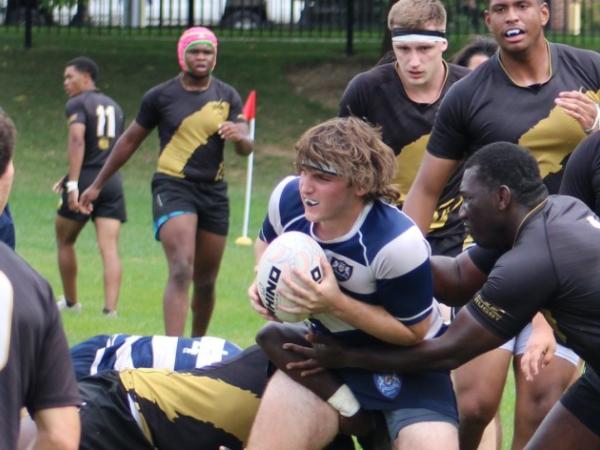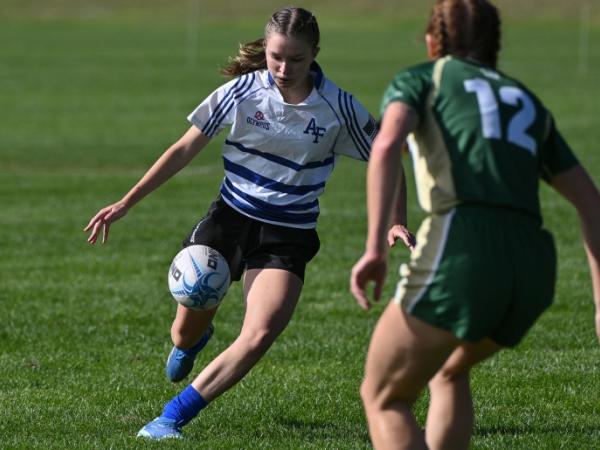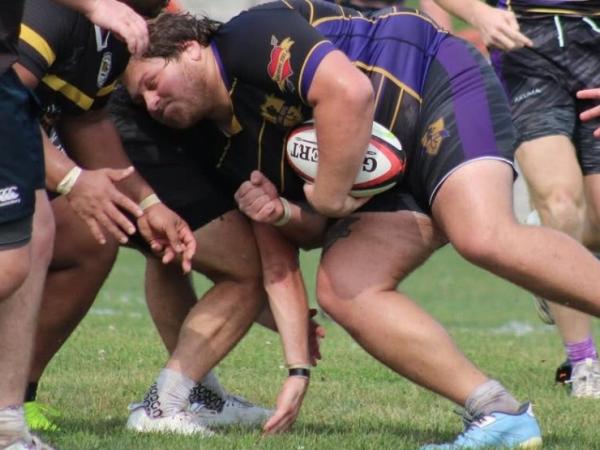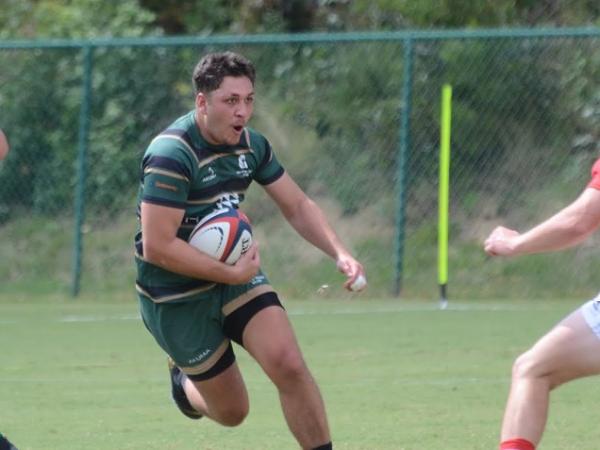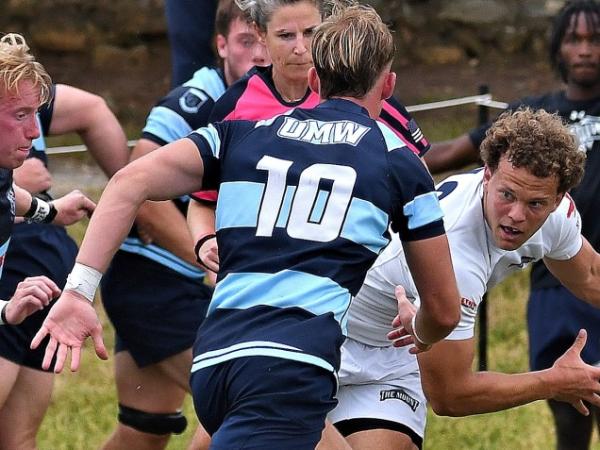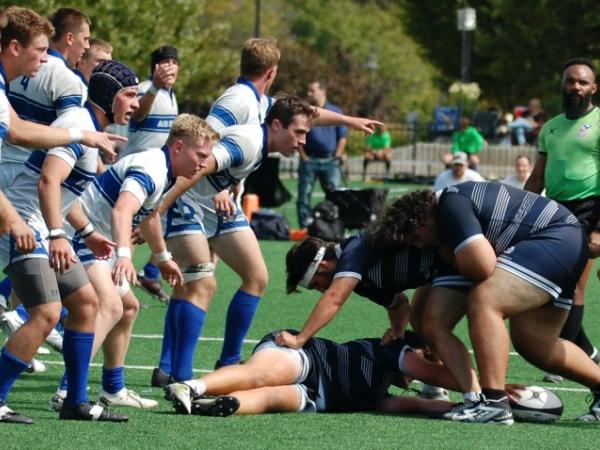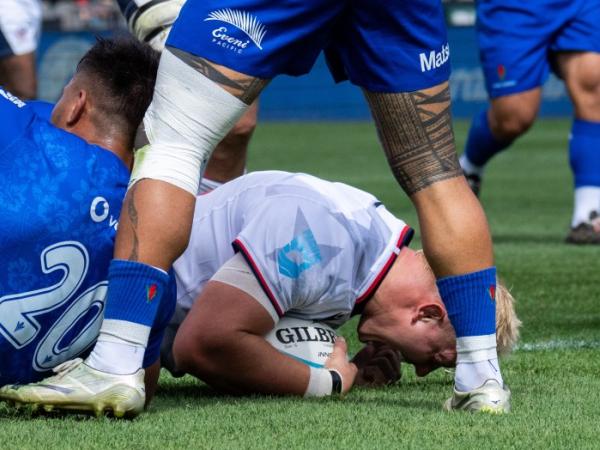GRR's recent article on COVID shutdowns and how school activities should not be targeted has been backed up by multiple statements, studies, and data provided by scientists.
While any opening of activity in this time of COVID should provide for accommodations for anyone who is, or is living with, a vulnerable person, in a general sense the message is clear—shutting down in-person schooling and well-organized in-person activities for young people does more harm than good, and probably does no good at all.
Last week, Centers for Disease Control Director Robert Redfield told CDC Director Dr. Robert Redfield told reporters that the CDC is not recommending schools close and never did.
“The truth is, for kids K through 12, one of the safest places they can be from our perspective is to remain in school," Redfield said. “Today, there's extensive data that we've gathered over the last two to three months to confirm that K-12 schools can operate with face-to-face learning and they can do it safely and they can do it responsibly.”
Redfield's comments ride on the back of a big train of logic—the entire educational system is built on the idea that students learn better in the classroom, with a teacher, and with other students. At the same time, the data on young people getting and spreading COVID is clear—see our article Some Straight Talk About COVID Stats—and they don't get it easily, don't get it in serious ways unless already very sick, and don't spread it easily. The key issue with COVID is that older people, including teachers, and those with other serious health problems (what they call a comorbidity) might be vulnerable to students passing on the virus. So the obvious solution is to allow those people to isolate, not send everyone home.
Comparisons
One comparison, really. We don't shut down schools and school activities for the flu, and yet the flu is a virus that spreads among young people. Old people are still susceptible to the flu, and in fact 88% of the people in the US who died from the 2017-18 flu season were over 65 (source here)
The World Health Organization acknowledges this, saying that children are the driver of the spread of influenza. And yet we don't shut down schools because of flu season.
Lost Students
There are rugby programs all over the country that tell us how they help keep kids in school. These might be targeted programs for troubles spots (Memphis Inner-City Youth, Play Rugby, ICEF) or just programs that seem to have a positive effect (Jacksonville, Belmont Shore, Morton), but even in regions where school attendance isn't a concern, rugby seems to be an incentive to keep kids coming to class.
So ... no rugby, no sports, no activities all mean reduced enthusiasm. And since the kids aren't attending class in-person anyway, many feel there's no point. Add to that the startlingly arrogant idea that every student in every family has access to a device that can help the student make a Zoom call to class; that every student has on-demand access to dependable Wi-Fi to attend those classes for hours at a time; that every student has the space in their home to find a quiet spot to attend school; that it's healthier for a student's family for everyone to be stuck at home. Those assumptions are very unlikely to be correct, and its lower-income families who are hit the hardest.
So what happens? Students stop showing up. In New York City, in Oklahoma, and all over the country.
There's this story about special needs students not getting the help they need.
Stories about kids failing, or falling behind.
These articles:
Texas Families Say Remote Learning Isn't Working
Students Left Behind By Remote Learning
The Results Are In For Remote Learning: It Doesn't Work
A Dutch Study Shows Going Remote Hurt Student Performance
What Can We Do?
It may be that the independence of rugby can help promote getting kids outdoors and active. It may be that rugby's example for adjusting, being flexible, and being smart can get kids moving again. It may be that rugby clubs, not part of any school and therefore not beholden to those schools, can carry the banner of promoting students' mental, as well as physical, health. It may be that arming yourself with information and not just accepting what those in charge say—Hard Work, Planning, And Lobbying Spark Rugby's Return In Illinois—is how we move forward.





